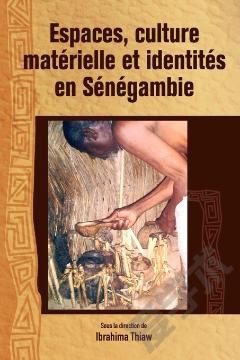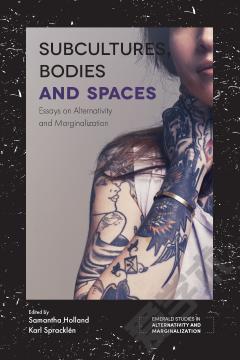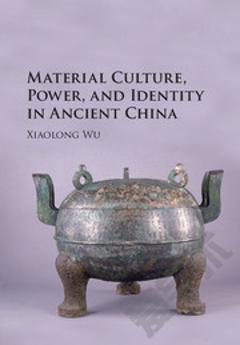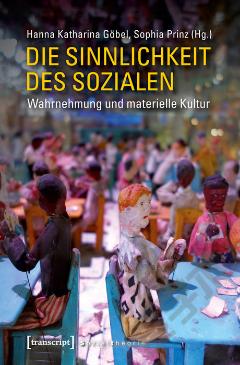Espaces, culture materielle et identites en Senegambie
This book re-examines historical, ethnographic and anthropological productions in various spaces in Senegambia. Just like language, material culture in original forms is powerful in the transmission and affirmation of identity. Unfortunately, archeology has so far played a very minor role in this domain in Senegambia, as the discipline has been confined to the study of eras know as eprehistorici and eprotohistorici, which are little known by story tellers and other traditional communicators. It is generally agreed that archeology generates more inclusive knowledge, given the fact that the essential source of identity for all societal strata is based on the production, consumption, rejection or recycling of material culture. This book democratizes knowledge generation by giving prominence to the social life and identities of ordinary individuals who are often invisible in written and oral sources.
{{comment.content}}








 京公网安备 11010802027623号
京公网安备 11010802027623号